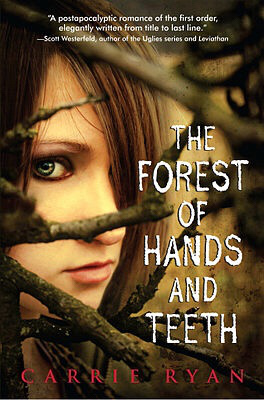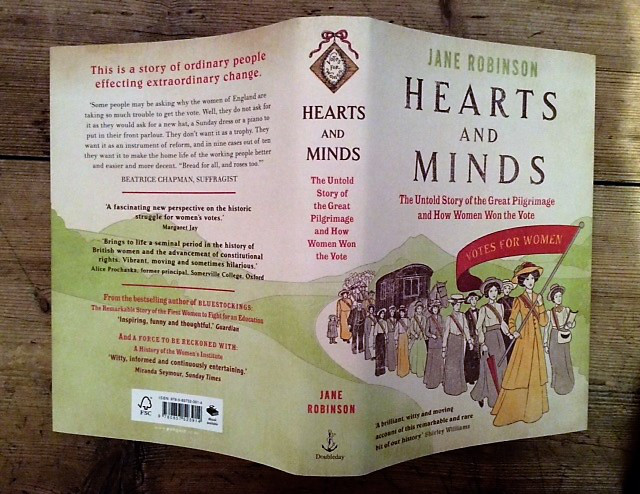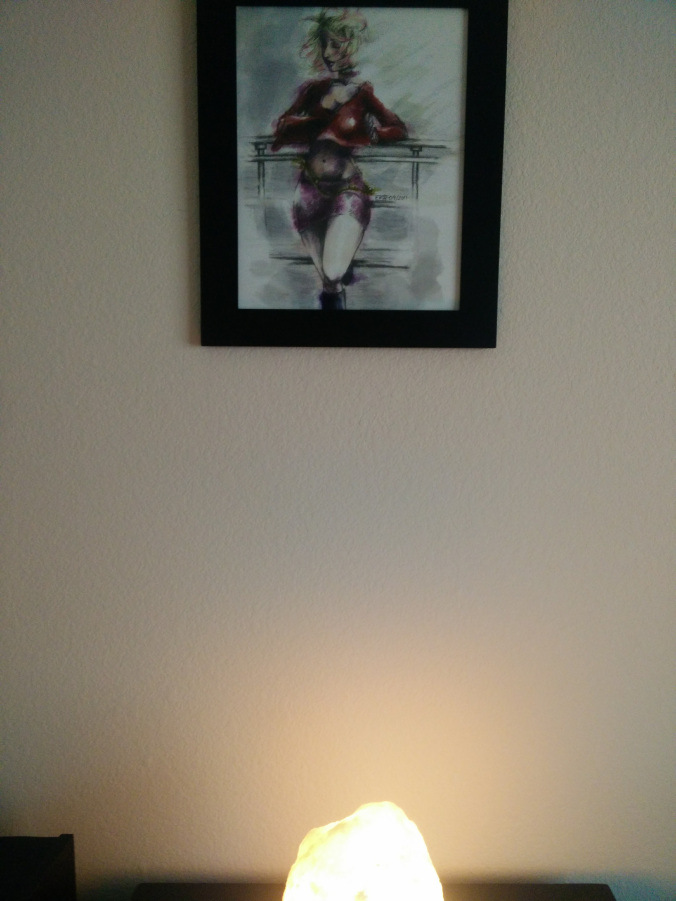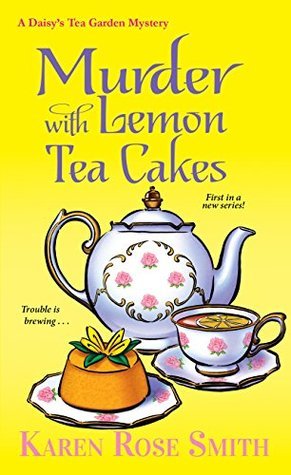
Yesterday’s woman: Denise van Outen is the epitome of Essex girl. But fashion is now being led from the other side of the Thames.
from Goodbye Essex girl, hello Chatham girl
The Observer (London) – 26th May 2002
MEANING
chav (British; informal and derogatory): a young lower-class person typified by brash and loutish behaviour
ORIGIN
This noun is either from Romany čhavo, meaning an unmarried Romani male, a male Romani child, or from English chavvy or its Anglo-Romany etymon.
The English noun chavvy, meaning a baby, a child, is from the Anglo-Romany noun of same form and meaning, which is ultimately derived from Sanskrit śāva, the young of any animal. One of the first users of the word was the English writer and poet Walter Theodore Watts-Dunton (1832-1914), who, in The Coming of Love: Rhona Boswell’s Story (1898), made Rhona, a Romany woman, say:
The wind, that mixed the smell o’ violet
Wi’ chirp o’ bird, a-blowin’ from the land
Where my dear mammy lies, said as it fanned
My heart-like, “Them ’ere tears makes mammy fret.”
She loves to see her chavi lookin’ grand,
So I made what you call’d a coronet,
And in the front I put her amulet:
She sent the Hand to show she sees me yet.
The word was used as late as 1997 by the English novelist Philippa Gregory (born 1954) in Perfectly Correct; an old gypsy woman named Rose says:
He’s a nothing! Hardly a man at all. And he does nothing for her, you take my word for it. And that job of hers is a bit of nothing too. What she needs is a good man and a couple of chavies. Then you’ll see.
The word chav is recorded by the Oxford English Dictionary (3rd edition – 2006) as first used in 1998 in the Usenet newsgroup uk.local.kent:
Travelling from Maidstone to Chatham every day was bad enough. I was born in Brompton so am I a Chav or what?
The second-earliest recorded use is from Goodbye Essex girl, hello Chatham girl, an article written by David Rowan and published in The Observer (London) on 26th May 2002; this is the beginning of this article:
You can spot them by the gold hula-hoop-sized earrings, the chunky clown medallions and the tribal cry of ‘Naa wot a’meen?’ as they sacrifice a week’s dole money on glittery Moschino shoes or figure-hugging sweatpants. It is lunchtime along Chatham High Street in Kent, and a wave of scrunchee-topped pineapple hairstyles ebbs from the burger stand towards any of 13 jewellery stores, their Diamonique dangling-ball earrings irresistibly luring Kent’s answer to the Essex Girl.
Meet the Chatham Girls, known as ‘Chavs’, whose fashion sense and reputation for easy virtue have earned them a global following as worthy successors to their northern neighbours. For years, Essex Girls, typified by actress Denise van Outen, held the monopoly on short-skirted peroxide-blonde stereotypes, prompting questions in Parliament and essays by Germaine Greer.
But today the costume-jewellery crown has passed to their rivals from Chatham – young women, it is claimed, whose forebears were kicked out of Essex ‘for being too tarty’.
Because chav seems to have originated in Kent, and particularly in Chatham, it has been suggested that it is a colloquial shortening of Chatham average, but according to the English lexicographer Susie Dent (born 1964) in Why is ‘chav’ still controversial? (BBC News – 3rd June 2011):
In the 20th Century it was prominent in Kent, used among Chatham builders in the same way as ‘mate’. ‘Chatham average’ is probably a later rationalisation.
It has also been said the word is an acronym from Council House And Violent (or Van), but this is a backronym, that is to say an acronym deliberately formed as a fanciful explanation of a word’s origin.
The feminine form chavette was included in the 2005 edition of the Collins English Dictionary.
Share this:

![Patient Zero: Short stories from the Project Renova series by [Tyler, Terry]](/ai/048/144/48144.jpg)


